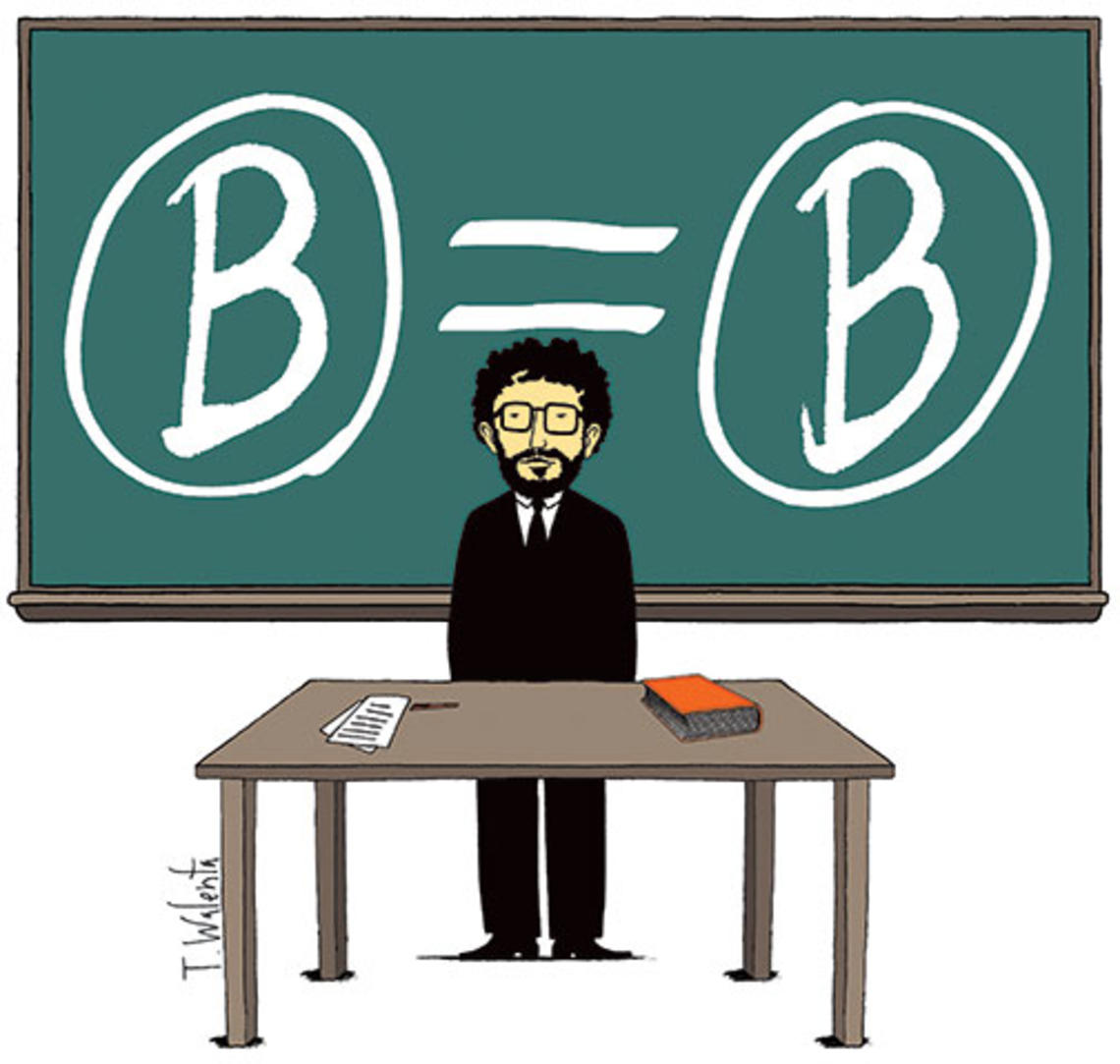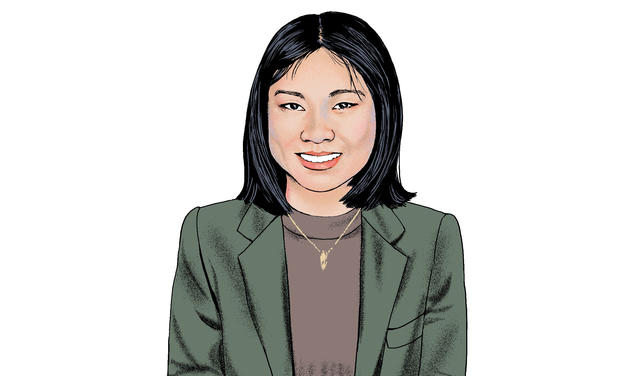
In the social-media response to the repeal of Princeton’s grading policy, one tweet stood out: “Grade Deflation’s End Leaves Students Looking for New Ways to Rationalize Failures.” The quip, posted by The Princeton Tiger’s Twitter account @tigermagazine, was suitably sardonic for the humor magazine, but also may have captured the thoughts of many students.
“Now we won’t have an excuse for our bad grades,” said Joshua Miller ’16, an economics major who expressed concern that the faculty’s vote on grading would not change the ways in which his department grades exams. “We won’t have the caveat of grade deflation to go along with our junior and senior years.”
At the same time, students welcomed the end of numerical targets for A-grades, which the faculty committee on grading said were “too often misinterpreted as quotas” and, as a result, led to increased anxiety and competition on campus.

“I think that is a bonus in that during my freshman year, I haven’t had to feel that sense of rivalry,” said Brandon McGhee ’18. “I’ve always felt like I could go to my friends and ask for help when needed.”
Justine Hamilton ’17, who plans to major in ecology and evolutionary biology, also was relieved to see the policy revoked. “I think grade deflation is better off repealed to take away resentment against the grading system in general,” she said, “though it will probably not affect grades to a large degree.”
That expectation seemed to be supported by Daily Princetonian interviews with 43 professors following the faculty’s vote to change the grading policy. According to the Prince, 19 said the change would not affect their grading, 17 said it would have an effect, “but not so much”; and seven said it would affect their grading.
Comments on the Prince’s website were divided. Some predicted that a more lenient grading policy would work against students’ long-term best interests. Other commenters said they believed that even with the implementation of the new policy, Princeton will be grading more rigorously than its peer schools.
“Because Harvard and Yale are known for their grade inflation, people take it with more of a grain of salt, whereas at Princeton they know you work hard for it, and they’ll be OK with a B because they know it’s the hardest school in the country,” Nicole Katchur ’17, a prospective molecular biology major, told PAW.










0 Responses